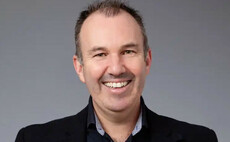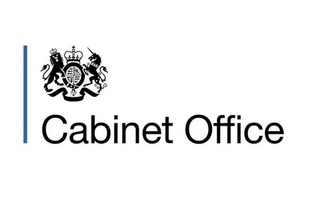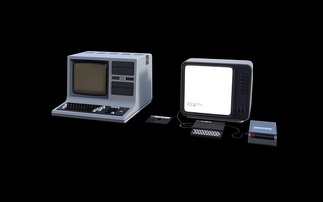Price optimisation software has increased revenue in the US and is now being rolled out in the UK
Hotel group Carlson, which comprises big names including Radisson and Park Inn, has increased revenue from rates by between 2 per cent and 4 per cent as a result of rolling out price optimising tec...
To continue reading this article...
Join Computing
- Unlimited access to real-time news, analysis and opinion from the technology industry
- Receive important and breaking news in our daily newsletter
- Be the first to hear about our events and awards programmes
- Join live member only interviews with IT leaders at the ‘IT Lounge’; your chance to ask your burning tech questions and have them answered
- Access to the Computing Delta hub providing market intelligence and research
- Receive our members-only newsletter with exclusive opinion pieces from senior IT Leaders



















